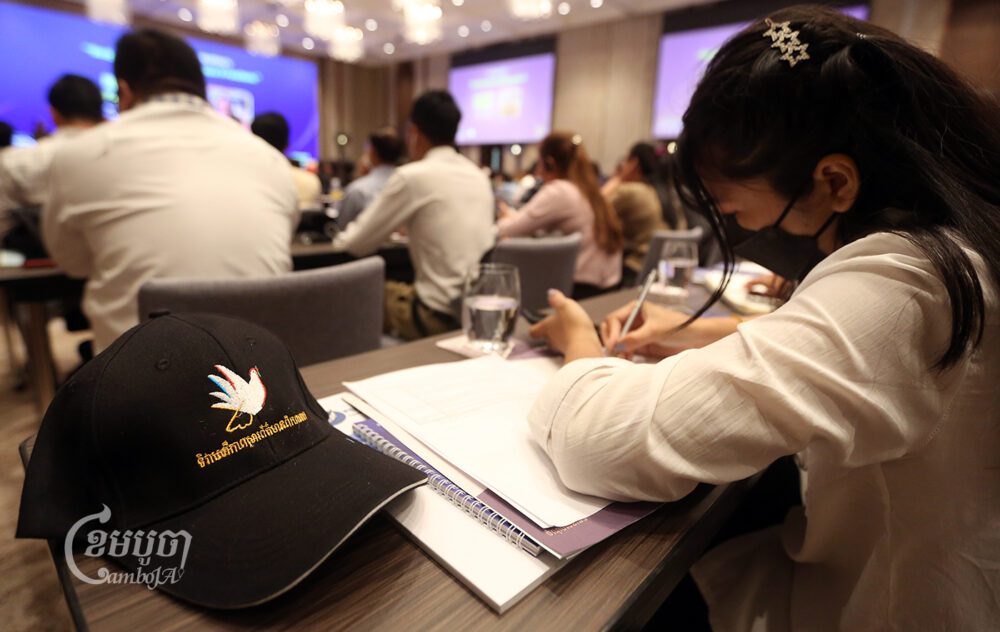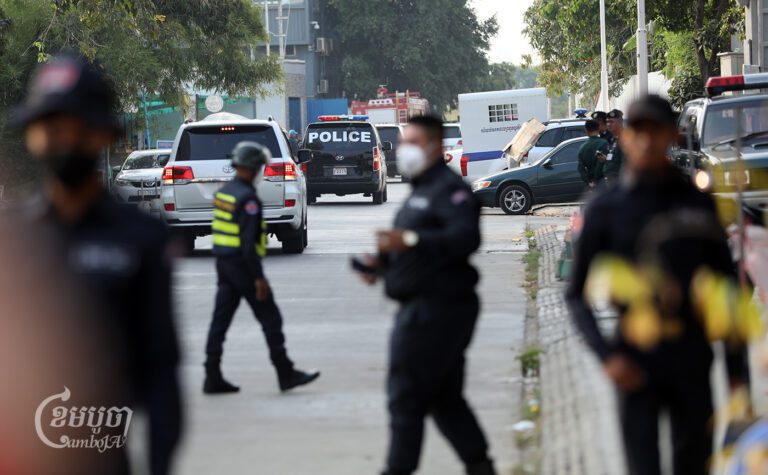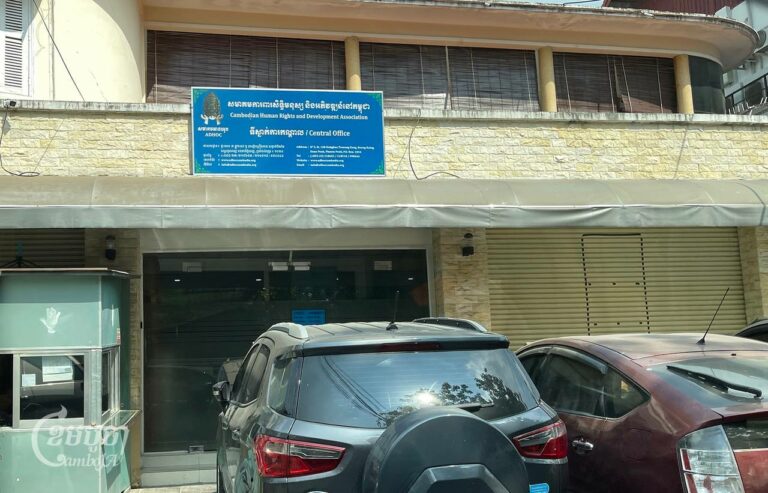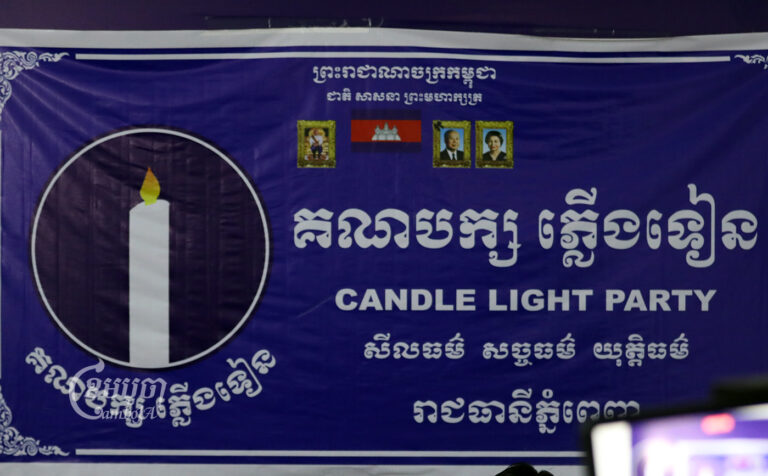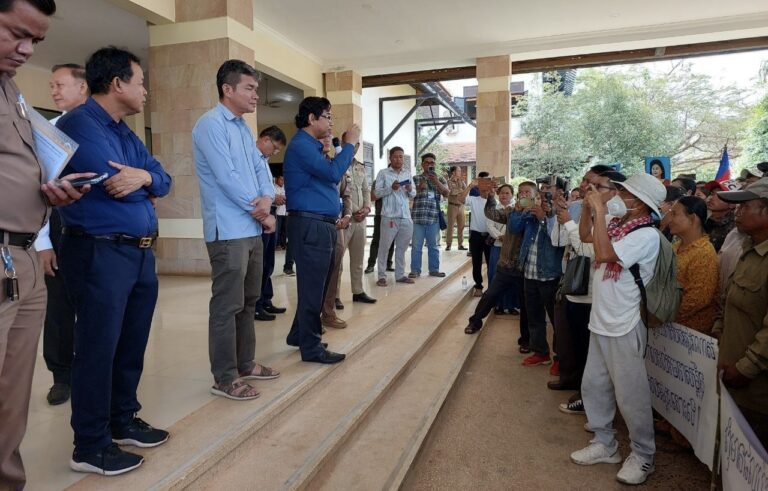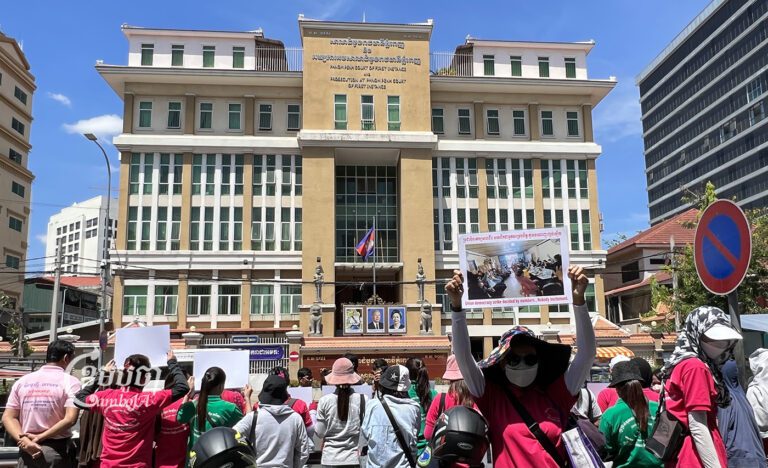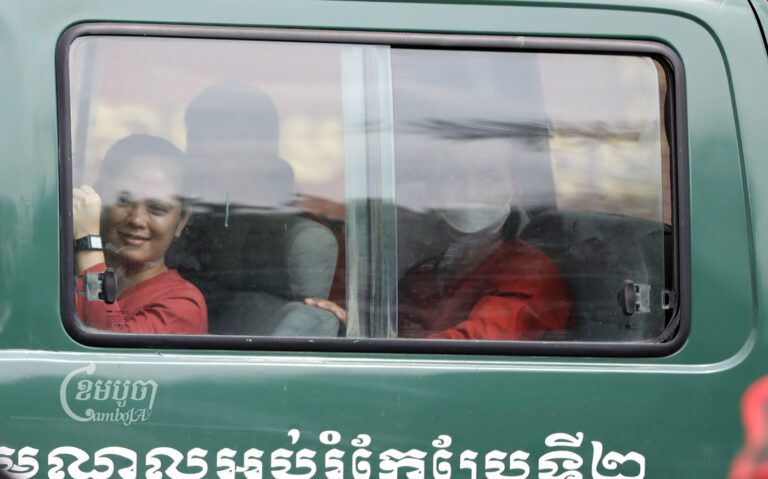The government formed a committee to strengthen public opinion and monitor information in the country, and advocates are concerned the government body will hinder freedom of expression and the press.
The new sub-decree made public on Tuesday established the National Committee for Information and Public Opinion Coordination, charged with “monitoring and tracking” all situations as well as explaining and protecting the “positive image of the Kingdom of Cambodia.” Additional responsibilities include promoting “the prestige” of Cambodia inside and outside the country, disseminating the country’s achievements, defending national sovereignty and collaborating with media to share content.
The sub-decree specifically stipulates that the government body will set up a mechanism to respond to “false information” more efficiently.
Pen Bona, government spokesperson and vice president of the committee, said the group will focus on ensuring that people have access to all “true information” and that none of the information they receive is exaggerated.
“If there is any exaggerated or false information created to slander the government, we will find a way to neutralize it by using true information,” he said, adding that the committee will work to make sure “the flow of information is wide open so that people can access it clearly.”
Earlier this year under former Prime Minister Hun Sun’s leadership the government revoked media licenses, including the independent media outlet VOD run by the NGO Cambodian Center for Independent Media (CCIM). In the run up to the July election, the government ordered internet providers to block independent media outlets.
CCIM Media Director Ith Sothoeuth told CamboJA the new committee will affect journalists.
“The experience is that when our news outlets publish [information], the government always responds by treating the information as fake,” he said. However, he continued, “sometimes [government officials] did not reveal what the true information was, which created an impression of intimidation.”
He hopes the recently formed government under Prime Minister Hun Manet will not put more pressure on journalists.
“Hopefully the new government is full of new and knowledgeable people, so we hope it does not use more oppressive methods.”
Ream Sreypichratana, an environmental activist and university student in Phnom Penh, thinks once the committee is formed it will make life harder for her and all Cambodian people.
“Because the information is managed and controlled everywhere [by the government], when we are the ones who express our opinions, we may have a hard time,” she said. “As citizens, we are happier when we see the government care more about people and become more open to expression.”
She said it is hard for activists and others to express criticism or give interviews to journalists, and she would prefer the government focus on policies that would provide benefits to the general population.
The committee will be managed by the Office of the Council of Ministers, and will include high-level officials from various ministries as well as representatives of the government spokesperson unit and the Prime Minister’s office. The committee will also be “supported by private and public media,” according to the sub-decree.
Am Sam Ath, operations director of the human rights group Licadho, thought the committee should not be formed.
“It can lead to suspicion and criticism that there is monitoring of critical information, which is a problem that can affect freedom of expression or freedom of the press,” he said.
He added that a new institution should not be formed outside of the existing Ministry of Information which manages these issues, and the new committee will require additional government spending.


